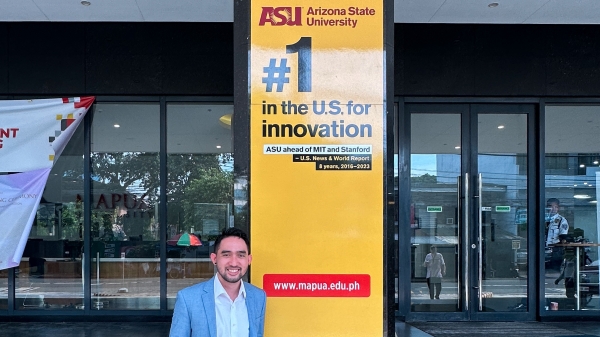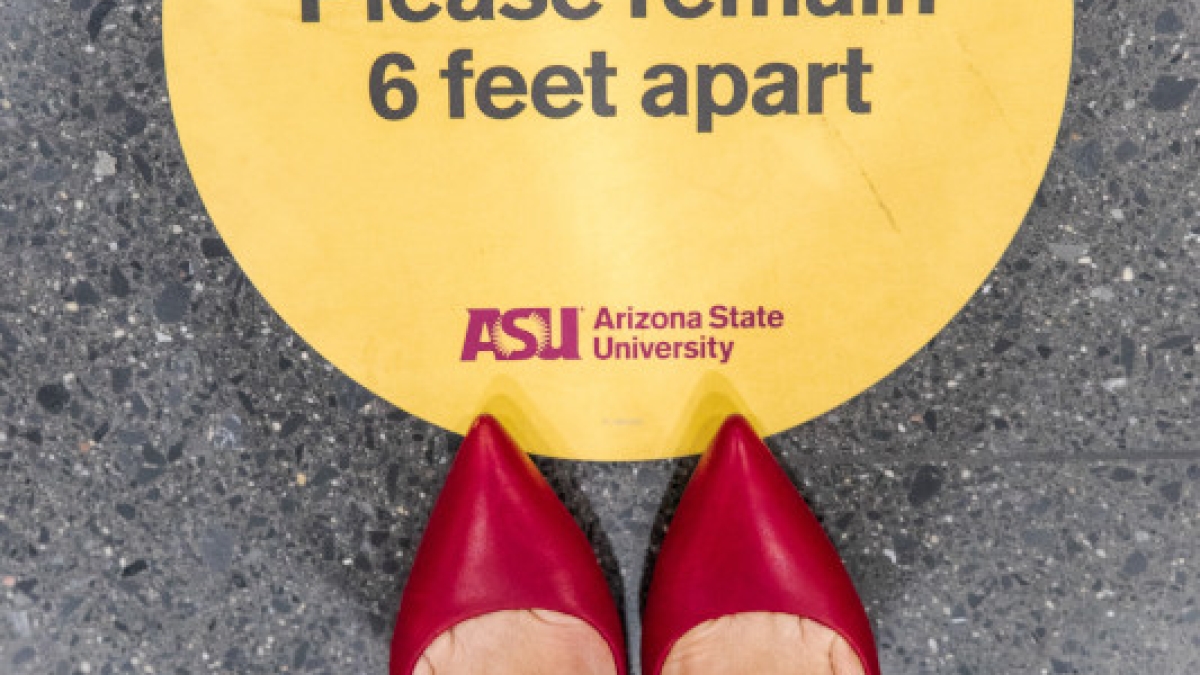Over the past year, the Institute for Humanities Research's Health Humanities Initiative at Arizona State University has developed several humanities-based solutions to problems associated with the COVID-19 pandemic. From virtual events to public programs to strategic partnerships, the initiative has applied its goals and resources to address the current crisis.
In the fall 2020 semester, the initiative hosted a scholarly event series that covered topics such as considering race in medicine, outbreak narratives and Indigenous histories of pandemics. The series, titled "Plagues, Epidemics and Culture: Histories of Crisis and Care," is now available to view on the Institute for Humanities Research YouTube channel.
In addition to leading academic discussions, the initiative supported humanities-based projects that positively impacted local communities. For example, English Professor Mark Lussier developed a program for overtaxed health care workers that brought poetry readings into clinical settings to provide solace, escape, beauty and grounding.
Topics addressed in future Health Humanities Initiative programming will include the pandemic's mental health impacts as well as injustices revealed by the COVID-19 crisis.
"This spring we will co-host an event in April with ASU’s Creative Health Collaborations addressing how arts and humanities interventions might be supported and initiated to respond to and support social recovery from the COVID-19 pandemic as part of the Arizona Wellbeing Commons," said Health Humanities Initiative Program Lead and Associate Professor of English Cora Fox.
Furthermore, Fox and Jenny Brian, an Honors Faculty Fellow at Barrett, The Honors College, will partner with the Humanities Lab to offer a fall 2021 undergraduate course on “Epidemic Emergences: (Un)health and (In)justice.”
“As researchers who focus on cultural products, values and the shifting histories of human experience, the period after the pandemic will be the moment to witness its stories, express the grief that could not be fully expressed, heal the healers and imagine new ways of living that address structural injustices in health care and the epidemics of loneliness and social isolation that the conditions of the past year made clear,” Fox said.
More Health and medicine
College of Health Solutions medical nutrition student aims to give back to her Navajo community
As Miss Navajo Nation, Amy N. Begaye worked to improve lives in her community by raising awareness about STEM education and…

Linguistics work could improve doctor-patient communications in Philippines, beyond
When Peter Torres traveled to Mapúa University in the Philippines over the summer, he was shocked to see a billboard promoting…

Turning data into knowledge: How Health Observatory at ASU aims to educate public
This is how David Engelthaler described his first couple of months on the job as executive director of the Health Observatory at…
